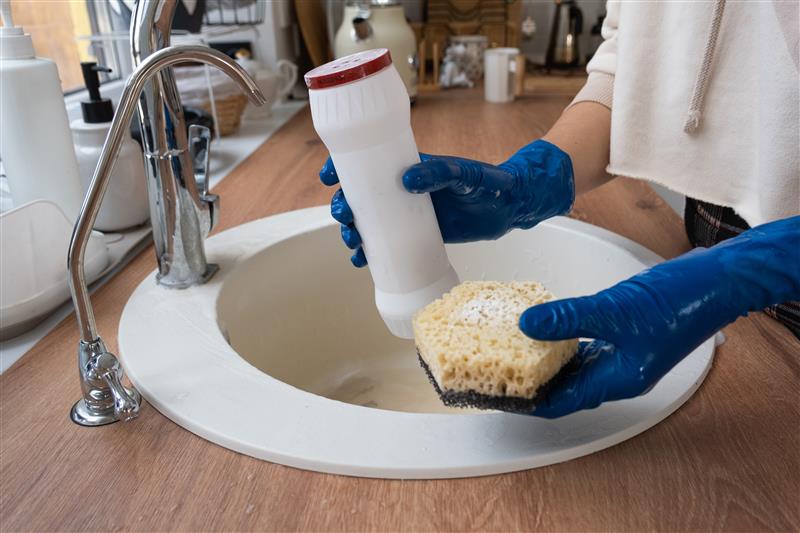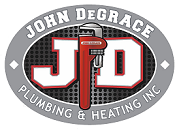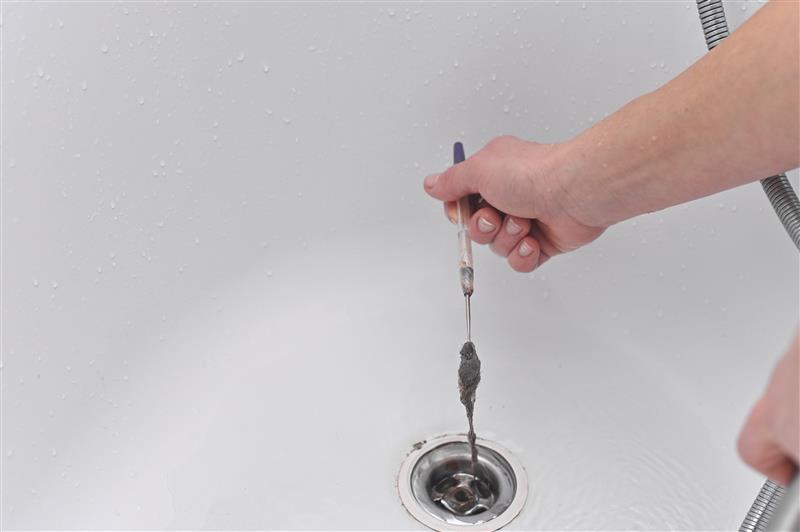Drain blockages occur when debris, grease, hair, soap scum, or even tree roots accumulate inside your pipes, preventing water from flowing freely. Kitchen sinks often become clogged with food scraps and cooking oils, while bathroom drains are frequently clogged with hair and soap buildup. Even small foreign objects, like cotton swabs or paper towels, can cause significant problems if flushed or washed down drains. Over time, mineral deposits from hard water can also narrow pipes and increase the risk of blockages.
Common Causes of Drain Blockages
Drain blockages occur when foreign materials accumulate and prevent water from flowing freely through your pipes. While every home is different, several common culprits tend to cause the majority of clogs.
1. Food Waste in Kitchen Drains
One of the most frequent causes of kitchen drain blockages is food waste. Scraps like vegetable peels, coffee grounds, rice, and pasta can easily build up in your pipes. Grease and oil are particularly problematic because they solidify as they cool, creating sticky obstructions that trap other debris.
2. Hair and Soap Scum in Bathroom Drains
Hair is a notorious culprit in bathroom sinks, showers, and tubs. When combined with soap, conditioner, or body wash residue, hair forms clumps that obstruct water flow. Over time, these clogs can lead to slow drainage and unpleasant odors.
3. Foreign Objects
Sometimes, drains get clogged because of objects that shouldn’t be flushed or washed down in the first place. Items such as sanitary products, cotton swabs, small toys, or paper towels can quickly clog pipes.
4. Tree Roots Invading Sewer Lines
If trees or shrubs surround your home, root intrusion can be a sneaky and destructive cause of drain blockages. Tree roots naturally seek moisture and nutrients, and they can grow into your sewer lines through tiny cracks. Once inside, they expand and create major blockages.
5. Mineral Buildup in Hard Water Areas
In regions with hard water, minerals such as calcium and magnesium can accumulate within pipes over time. This buildup narrows the pipe diameter, reducing water flow and making your drains more susceptible to clogs.
Pro tip: Installing a water softener and scheduling routine drain cleaning services can minimize mineral deposits and extend the life of your plumbing.
Signs of a Blocked Drain
Recognizing a blockage early can save you from expensive repairs. Common warning signs include:
- Slow drainage in sinks, showers, or bathtubs
- Gurgling sounds when water flows
- Foul odors from drains
- Water backup in toilets or sinks
Unusual wet spots or puddles near plumbing fixtures
If you notice any of these signs, it’s a good idea to address the issue immediately, either with DIY solutions or by calling a professional.
DIY Tips to Prevent Drain Blockages
While professional drain cleaning services is essential for major blockages, there are steps you can take to keep your drains running smoothly:

- Use strainers and screens – Catch food particles and hair before they enter the drain.
- Dispose of grease properly – Never pour cooking oil or fat down the sink; instead, pour it into a container and dispose of it in the trash.
- Flush with hot water – Running hot water down the drain weekly can help dissolve minor grease buildup.
- Avoid chemical drain cleaners – Harsh chemicals can damage pipes and are often less effective than mechanical cleaning methods.
- Routine maintenance – Schedule regular drain cleaning to prevent minor issues from becoming major problems.
When to Call a Professional
Some drain blockages are too severe for DIY solutions. Here’s when you should contact a professional:
- Persistent slow drains despite your efforts
- Water backup in multiple fixtures
- Foul smells that won’t go away
- Suspected sewer line issues or tree root intrusion
Professional plumbers possess the necessary tools, expertise, and safe cleaning methods to effectively handle tough clogs and maintain your plumbing system in optimal condition.
Conclusion
Drain blockages are a common plumbing problem, but they can also be prevented with a combination of good habits, routine maintenance, and professional drain cleaning when necessary. From kitchen grease and hair to tree roots and mineral buildup, knowing what causes blockages can help you take proactive steps to protect your home.










